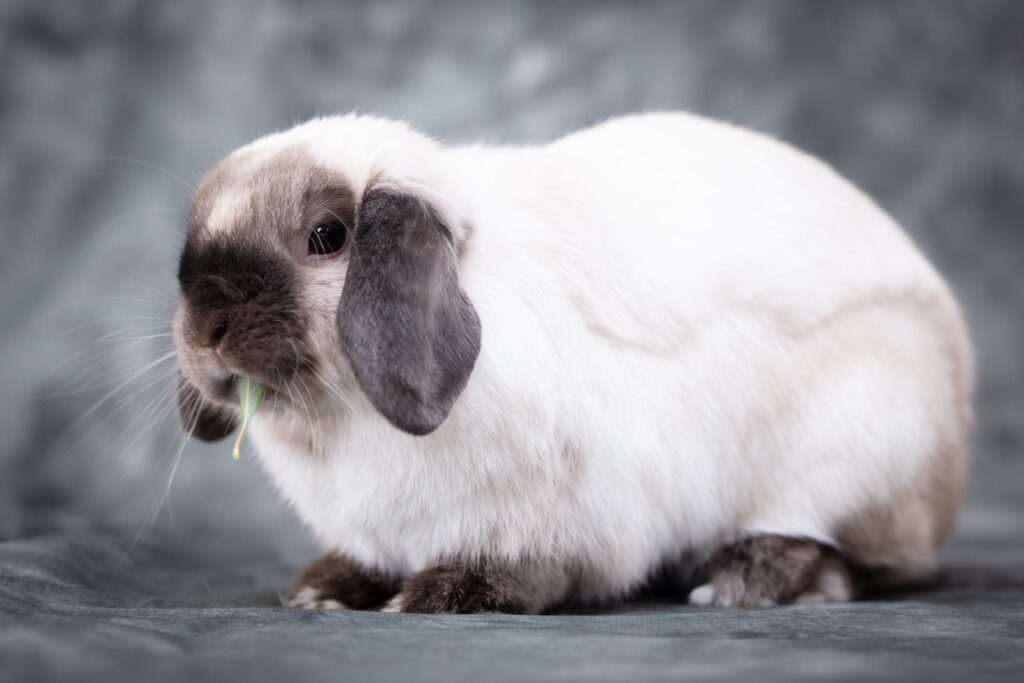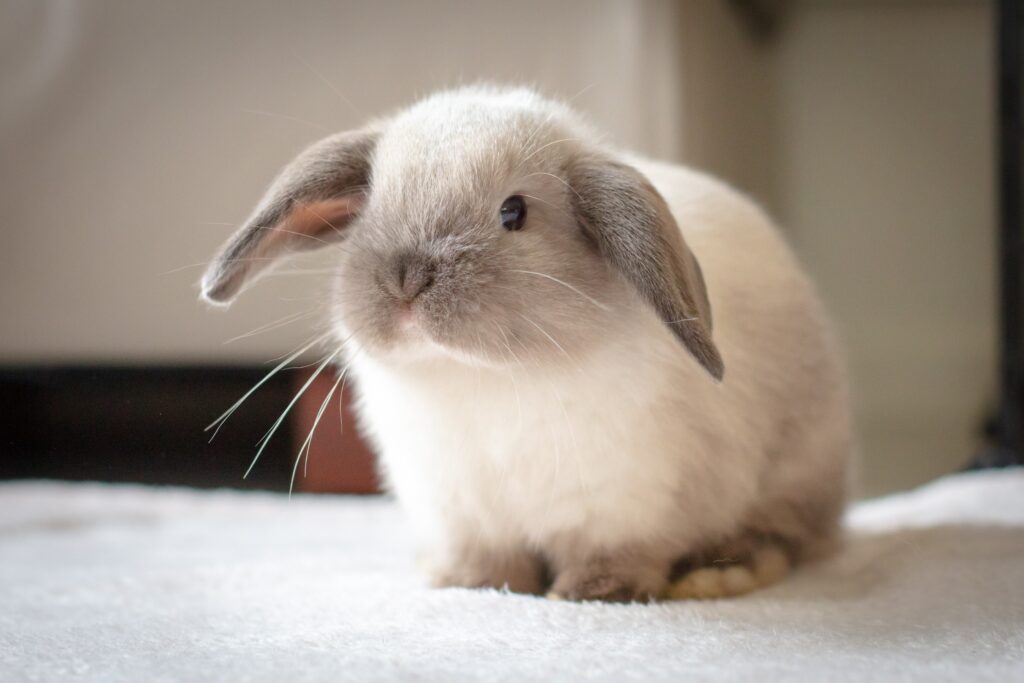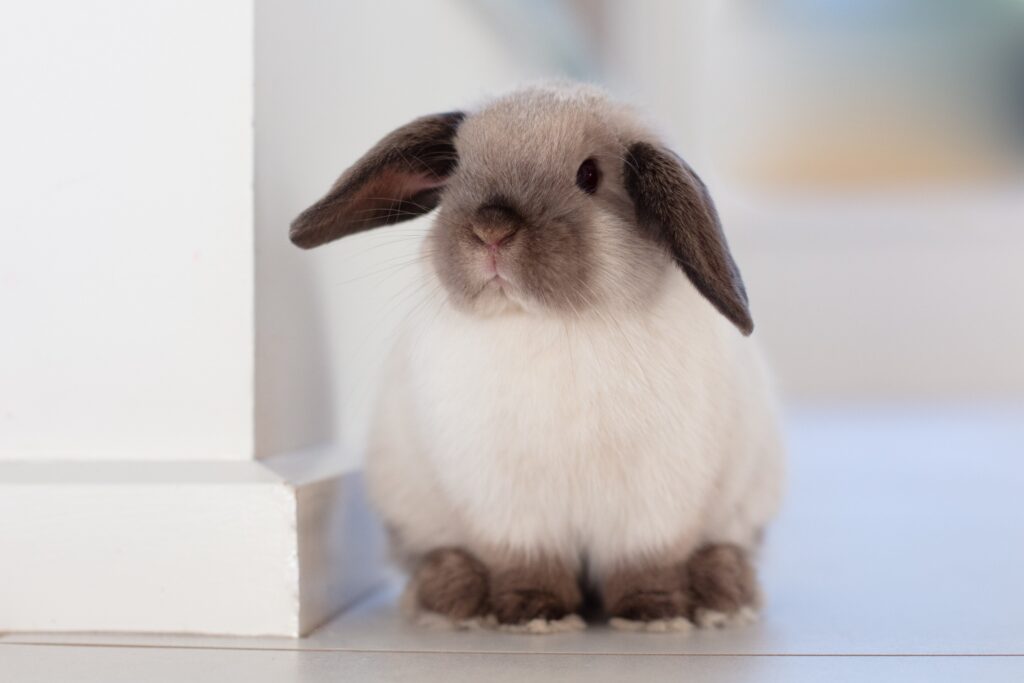High Maintenance Mini Lop Rabbits: What You Need to Know
Mini Lops are moderately high-maintenance rabbits due to their complex grooming requirements, social needs, and dietary regimen. These rabbits have a dense fur coat that requires regular grooming to prevent matting and minimize shedding.

Additionally, they are social animals and need time and attention from their owners to thrive. A balanced diet that includes hay, vegetables, and pellets is also essential for their health and well-being. While Mini Lops may not be as demanding as some other breeds, they still require a fair amount of care and attention to keep them happy and healthy.
General Care
Mini Lop rabbits are generally low maintenance pets, but they still require proper care to stay healthy and happy. This section will discuss the general care of Mini Lop rabbits, including feeding, housing, and grooming.
Feeding
Feeding a balanced diet is essential for the health and wellbeing of Mini Lop rabbits. A diet for Mini Lop rabbits should consist of 70% hay, such as Orchard or Timothy hay, and the remaining portion should be made up of fruits, vegetables, and pellets. It is important to avoid feeding them sugary or starchy foods, as it can lead to digestive issues.
Housing
Mini Lop rabbits are social animals and should not be kept alone. They require ample space to move around and play. A cage or hutch should be cleaned out every week, and it should be filled with clean hay and newspaper. The cage or hutch should be large enough for the rabbit to stretch out in all directions and stand on its hind legs without touching the top. It is also important to provide a hiding place for the rabbit to retreat to when it feels scared or stressed.
Grooming
Mini Lop rabbits require regular grooming to keep their coat healthy and prevent hairballs. They should be brushed at least once a week to remove loose hair and prevent matting. It is also important to trim their nails regularly to prevent them from becoming too long and causing discomfort.
In conclusion, Mini Lop rabbits are generally low maintenance pets, but they still require proper care to stay healthy and happy. Feeding a balanced diet, providing ample space for housing, and regular grooming are essential for their overall wellbeing.
Health Concerns

Common Issues
Mini Lop rabbits are generally healthy pets, but they are predisposed to some health problems that tend to arise due to their lop ears and flattened face. Here are some of the most common health issues that Mini Lops may experience:
- Dental problems: Mini Lops are prone to dental problems, which can cause pain, difficulty eating, and weight loss. Their teeth may become misaligned due to their small mouth and flattened face.
- Gastrointestinal issues: Mini Lops have a more delicate digestive tract, and they are at risk of gastrointestinal issues like enteritis, bloat, and gastrointestinal stasis. This is especially critical if the bunnies are under the age of eight weeks.
- Respiratory infections: Mini Lops are at risk of a respiratory infection caused by Pasteurella multocida bacteria, which can cause sneezing, nasal discharge, and difficulty breathing.
- Flea or mite infestation: Mini Lops are at risk of flea or mite infestation, especially in their ears.
Preventative Measures
To prevent health issues in Mini Lop rabbits, it’s important to take the following preventative measures:
- Dental care: Provide your Mini Lop with plenty of hay to promote good dental health. You can also offer chew toys to help wear down their teeth.
- Gastrointestinal care: Provide your Mini Lop with a high-fiber diet, and avoid giving them foods high in sugar or fat. Make sure they have access to fresh water at all times.
- Respiratory care: Keep your Mini Lop’s living area clean and well-ventilated to prevent bacteria buildup. Avoid exposing them to cigarette smoke or other irritants.
- Parasite prevention: Check your Mini Lop regularly for signs of fleas or mites, and use a flea and tick preventative if necessary.
Veterinary Care
If you notice any signs of illness in your Mini Lop rabbit, it’s important to take them to a veterinarian specializing in exotic pets. Some signs that your rabbit may be sick include:
- Lack of appetite
- Lethargy
- Weight loss
- Diarrhea
- Difficulty breathing
- Sneezing or nasal discharge
Regular check-ups with a veterinarian can also help prevent health issues and catch any problems early on.
Behavioral Traits

Temperament
Mini Lop rabbits are known for their friendly and affectionate nature. They are social animals and enjoy interacting with their owners. They are also known to be good with children and other pets, making them an ideal family pet. Mini Lops are generally laid-back and calm, but they can sometimes be playful and energetic. They enjoy being petted and cuddled and often seek their owners’ attention.
Training
Mini Lops are intelligent and can be trained to do various tricks and behaviors. They can be trained to use a litter box, come when called, and even walk on a leash. However, training a Mini Lop requires patience, consistency, and positive reinforcement. They respond well to praise and treats, but harsh punishment can cause them to become fearful and anxious.
Mini Lops are also known for their stubbornness, so training may take longer than other breeds. Starting training early and being consistent with commands and expectations is important. Mini Lops can be trained to be well-behaved and obedient pets with patience and persistence.
Overall, Mini Lop rabbits are not considered to be high maintenance in their behavior. They are friendly, social, and trainable pets that can bring joy and companionship to their owners.
Conclusion
Mini Lop rabbits can make great pets for those who are willing to put in the effort to care for them properly. While they may seem low maintenance, they require proper nourishment, housing, companionship, exercise, and mental stimulation to stay healthy and live longer.
One of the key things to remember when caring for a Mini Lop rabbit is their coat. While they have a medium-length rollover coat that is very silky, they do not require as much maintenance as wooly breeds like the English Angora. However, if you want your Mini Lop to be a show rabbit, you should consider that their coat must fulfill particular breed requirements.
Another important aspect of caring for a Mini Lop rabbit is their potential health concerns. While they can make wonderful companions, their potential health issues should be considered before choosing one as a pet. It is important to watch for any signs of illness and take them to a veterinarian if necessary.